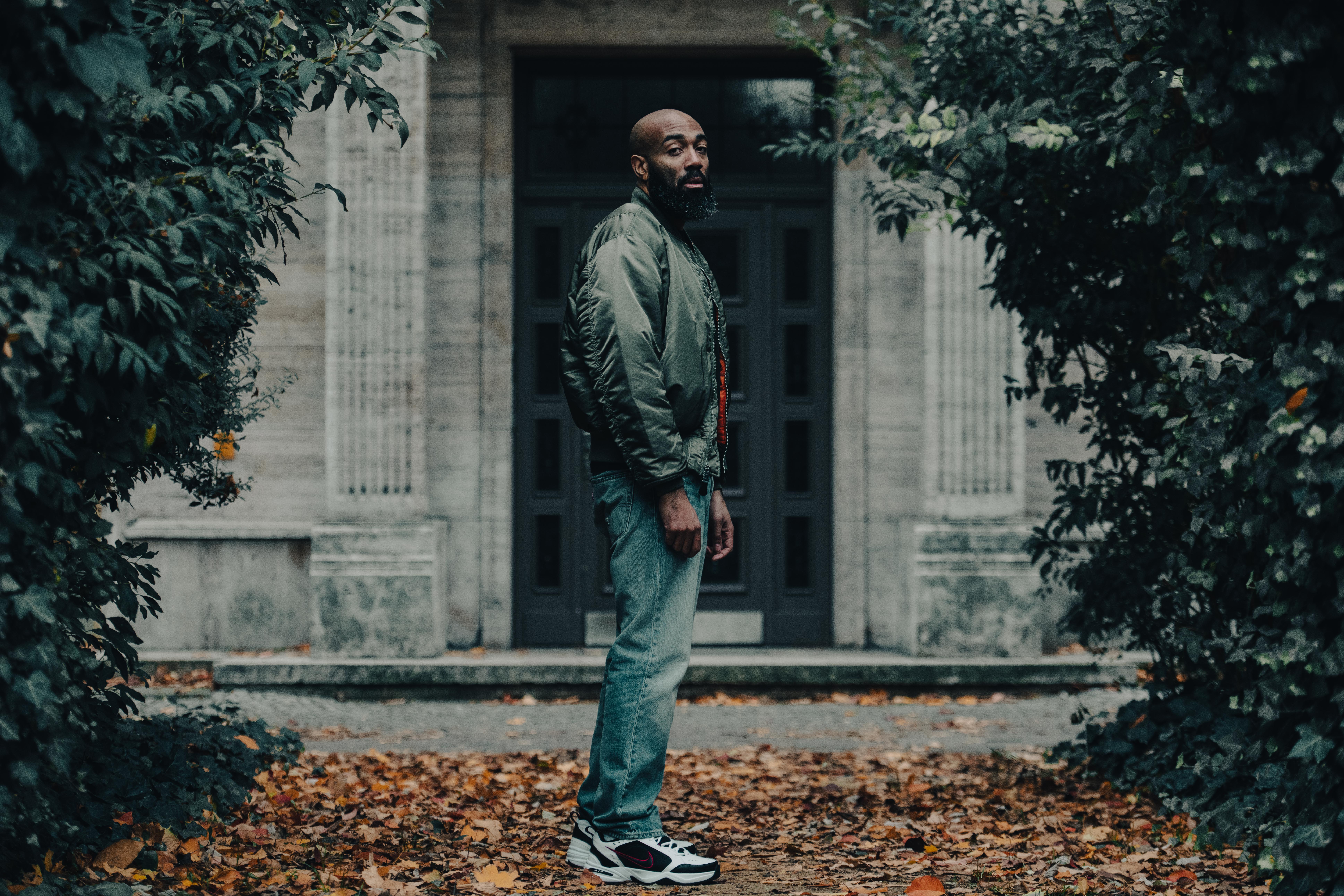“Without Fuji there would be no Afrobeats”
As a new exhibition celebrating Fuji music opens in London, Bobo Omotayo explores the unsung legacy of Nigeria's indigenous music genre.
The explosive global success of Afrobeats over the last few years has been undeniable. Turn on the radio or walk into a bar on a Friday night, and it won’t be long before you hear something at least inspired by Afrobeats - blending West African drum patterns with complex and upbeat rhythms, infectious hints of Afro-pop and Afro-house. The genre has now firmly planted its foot in the mainstream and crossed continents to top the charts and fill stadiums in Europe and the US.
In July, Afrobeats star Wizkid sold out the 62,000 seats at London’s Tottenham Hotspur Stadium. Also this year, Tems became the first female Nigerian artist to win a Grammy award, and a new award category specifically for ‘African music’ was announced, reflecting the stratospheric trajectory of the genre.
But Afrobeats did not emerge from nowhere. Like all genres of music, it has a complex, rich history steeped in traditions that date back generations, building on a wealth of influences from evolving sub-Saharan African musical styles. A key genre that underpins the legacy of Afrobeats - but is rarely included in the conversation - is Fuji music.
“It’s incredible that Afrobeats is making strides and having such an impact, but people should take a step back and understand where this music has come from,” says Bobo Omotayo, the founder of FUJI: A Opera, a multi-dimensional exhibition which tells the story of the Fuji music genre.
"These guys created something out of nothing, they had nothing. It was just sheer grit and creativity that enabled them to get Fuji to where it is today.”
“Without Fuji, there would be no Afrobeats,” Omotayo adds. “It’s so easy for people to put Africa in a little box and say we are just one thing. There are still people who think Africa is a country. It’s so important not to flatten our history and erase all of the different influences that have led to where African music is in the world today.”
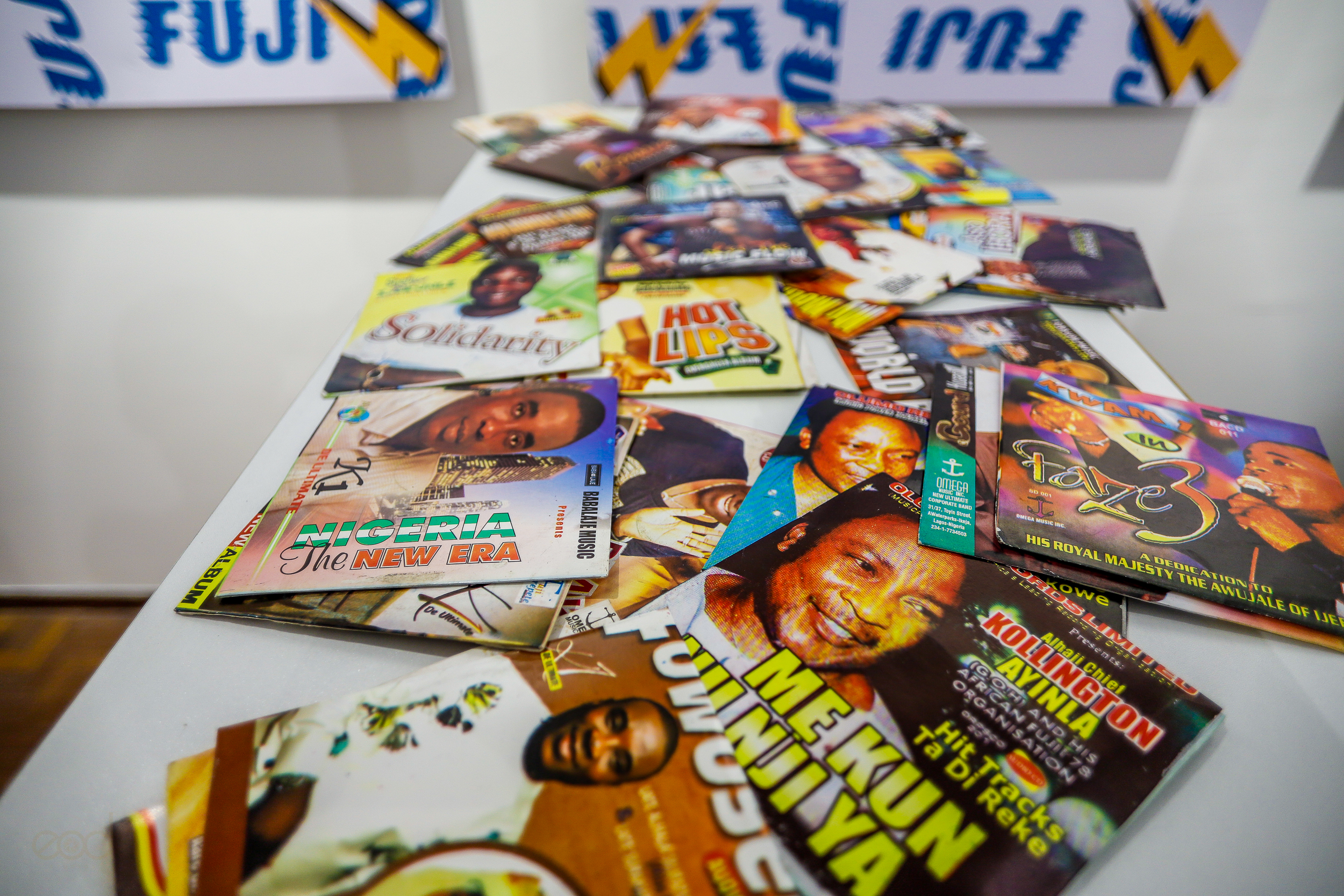
Fuji music was created on the streets of Lagos, Nigeria. Its sound is described as ‘unique’ with the beats of the Yoruba Sakara drum blending with the melodic sounds of foreign instruments. It can sound like a call to arms with fast beat patterns and energetic vocals.
“Fuji is one of the most important music genres that has ever been created in Africa,” says Omotayo. “It's certainly the most important genre that originates from Nigeria. This is because it’s a genre with truly indigenous roots. Most musical genres have so many influences from around the world, they borrow from everywhere, but Fuji is different.”
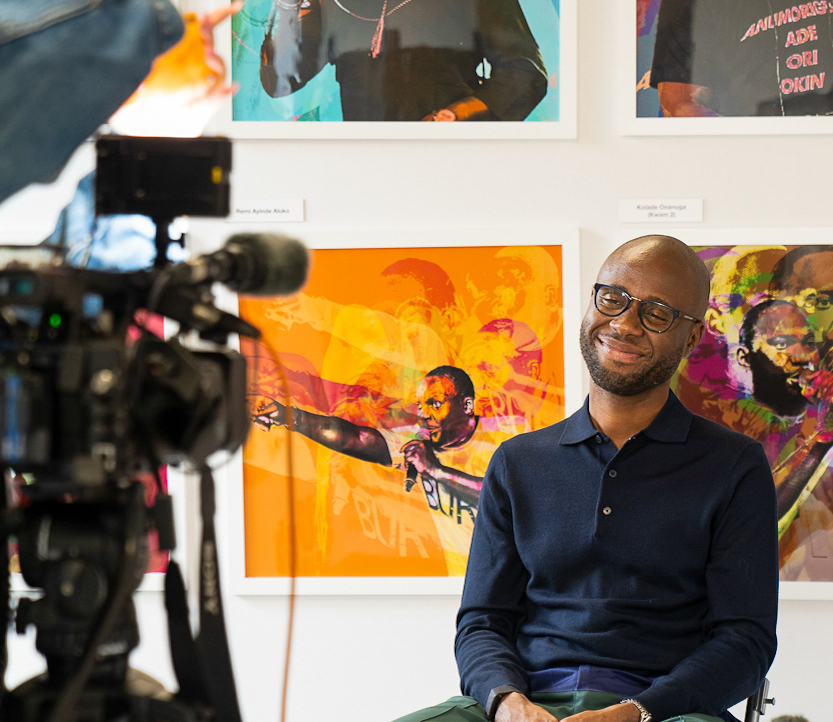
Bobo Omotayo at the opening of Fuji: A Opera
Fuji evolved from Wéré music - created by Muslim singers in Southwest Nigeria - which was traditionally performed to wake the faithful before dawn during the Ramadan fasting season. As well as the historical ties to faith, Fuji music was also associated with the Nigerian working class, keeping it firmly on the fringes of mainstream consciousness. But Omotayo wants to bring this underappreciated genre to centre-stage.
Omotayo grew up in London but has spent the last decade building a creative agency in Lagos. His passion project has always been Fuji, and he has spent years working to bring the unsung beauty and influence of this genre to a wider audience. His idea has passed through many iterations, including a podcast and a documentary. Ultimately, Omotayo’s dream is to stage a Fuji musical on Broadway.
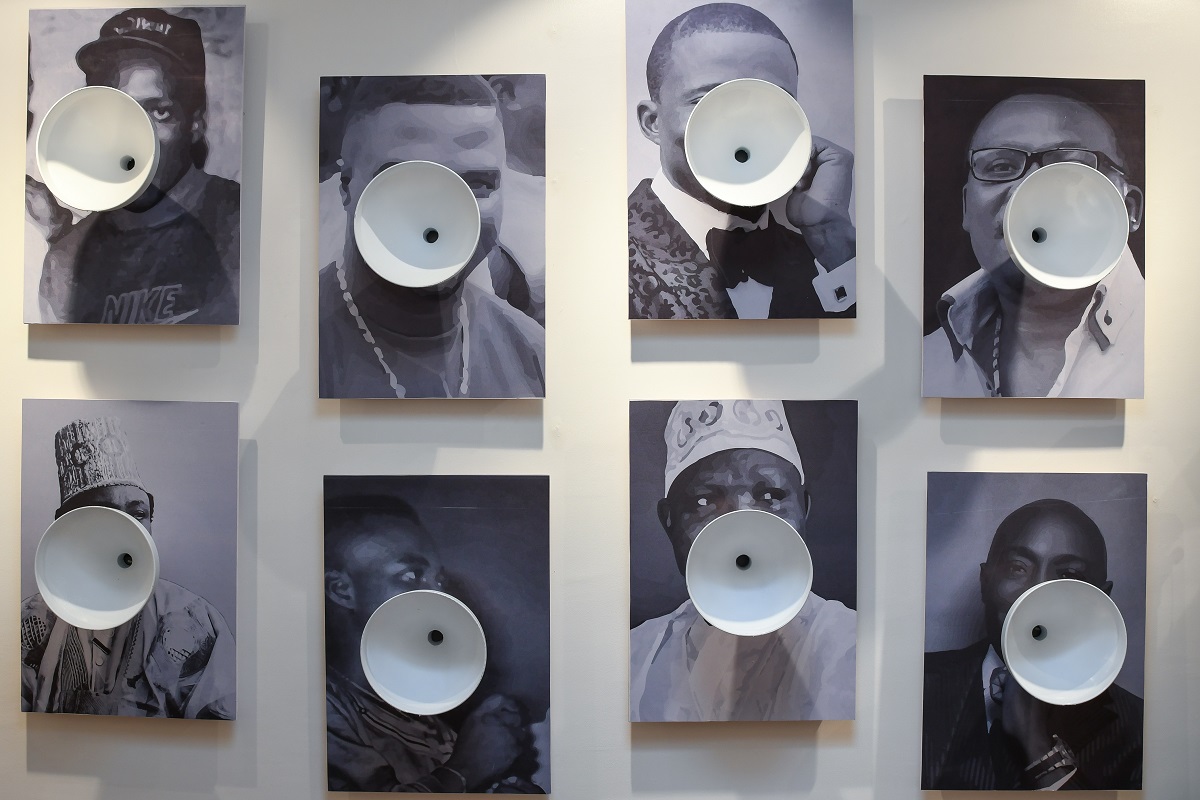
“I grew up with Fuji music,” Omotayo explains. “I knew all the artists, albums, and all the iconic bodies of work. They were so dear to me and so nostalgic for me. But I realised that I didn’t really know the history of where the music originated from. During COVID, I was stuck at home with all the time in the world, so I started researching.”
"It is such a powerful genre that has given birth to how so many Afrobeats artists are expressing themselves today.”
During his research for the show, Omotayo set up calls with some of the artists and musicians he had admired and listened to since childhood: “I got goosebumps, because as I spoke to them, I realised these guys created something out of nothing, they had nothing. It was just sheer grit and creativity that enabled them to get Fuji to where it is today.”
This August, The Africa Centre in London will be home to FUJI: A Opera, featuring unseen archive footage and artefacts that explore the “belligerent past” of Fuji music, highlight its founding footprints, and celebrate its rich subculture from the early 1960s to the present day.
As well as footage of performances, the story will be told through audio installations and an array of memorabilia that spans the 60-year history of Fuji. From the origins in the Yoruba-Muslim communities of Nigeria’s South-West, to the vision of pioneer Ayinde Barrister, who dubbed his sound “Fuji” after seeing an airport advert which featured the Japanese mountain.
“Fuji is nothing without subculture,” says Omotayo. “If you watch some old Fuji videos, you'll realise this was all happening way before ‘bling bling’ was even a thing. But these guys were so expressive, not only with the words that came out of their mouths, but in how they expressed themselves through clothing and choreography. It is such a powerful genre that has given birth to how so many Afrobeats artists are expressing themselves today.”
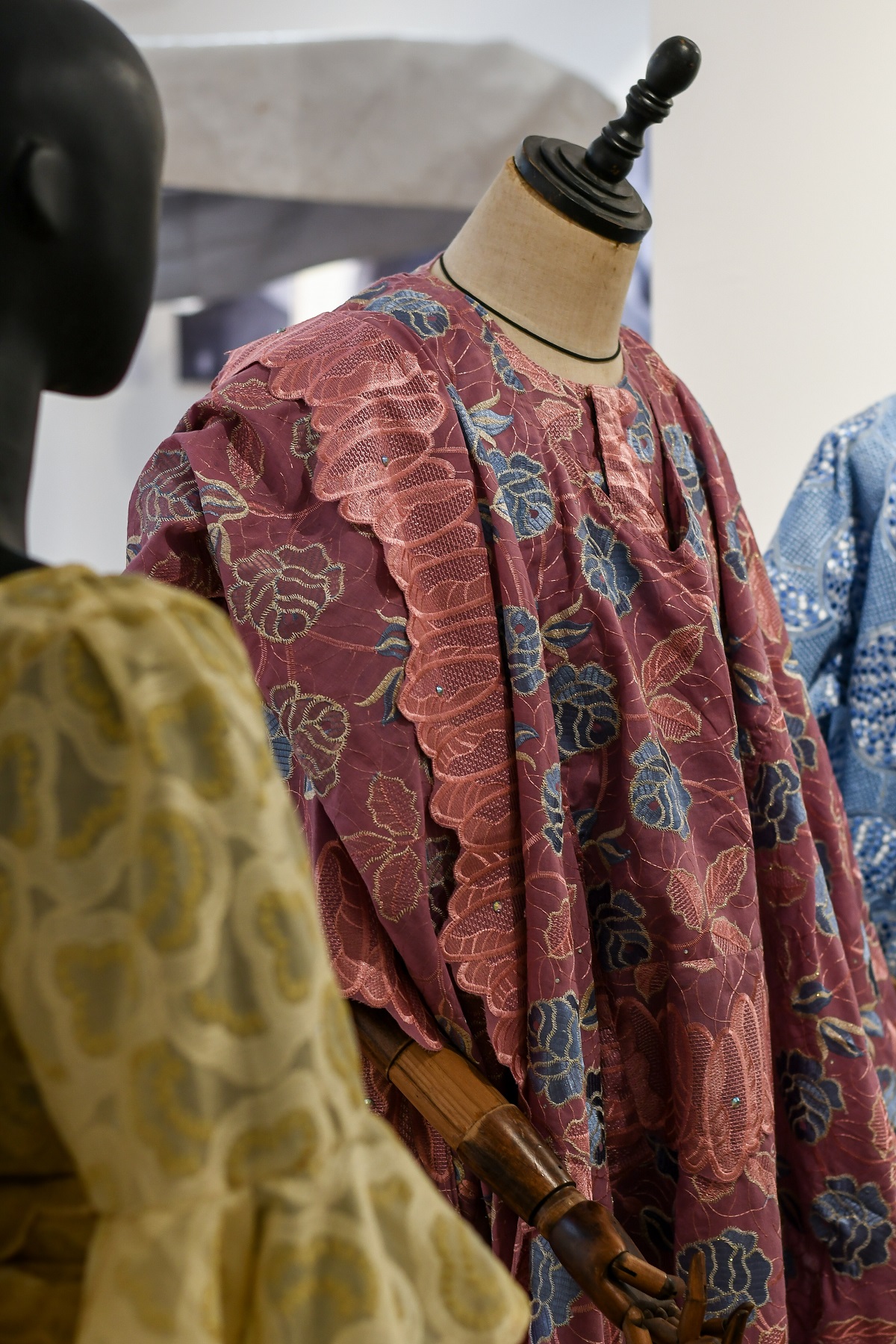
The exhibition begins with a soundscape homage to Wéré. The vibrant energy of Fuji is brought to life with a listening gallery of archive recordings, a photography wall of album covers, live performances, and a collection of fashion pieces worn by Fuji artists across its history.
Move through the show and you will discover rare Nigerian instruments that have been played since the inception of Fuji music, over half a century ago. Many of these instruments have been donated by iconic Fuji artists, including musical pioneer Alhaji Sikiru Ayinde Barrister and King Wasiu Ayinde Marshall, who is largely credited with popularising the genre to its widest ever audience from the early 1980s.
Putting this exhibition together has been a labour of love for Omotayo. In the aftermath of losing his mother in 2019, Omotayo found solace in his connection to music. He found that weaving a clear path between the history of Fuji and his own memories of listening to the music at home with his mother, he was able to channel some of his pain into something positive, something beautiful.
“My mother was the love of my life,” says Omotayo. “When I lost her, I was in the wilderness. I don’t like to admit it, and I’ve never said this before, but this project saved me. I poured everything into it. After so much loss, I lost my mother, then I lost my freedom in lockdown, but look what came out of it.”
Tickets for FUJI: A Opera are on sale now from www.fujiopera.com.
The Lead is now on Substack.
Become a Member, and get our most groundbreaking content first. Become a Founder, and join the newsroom’s internal conversation - meet the writers, the editors and more.


